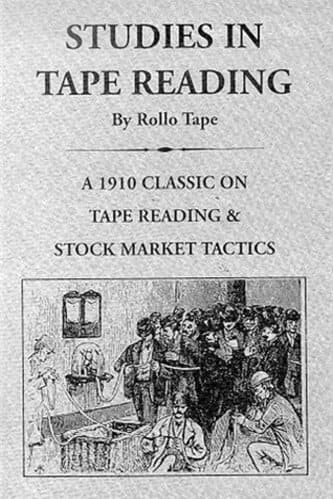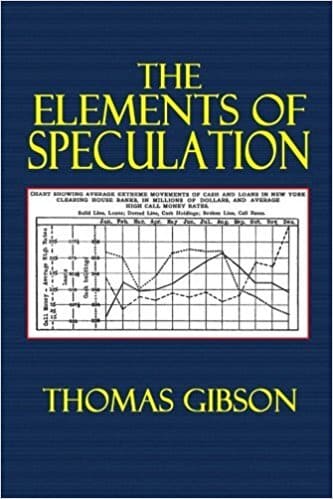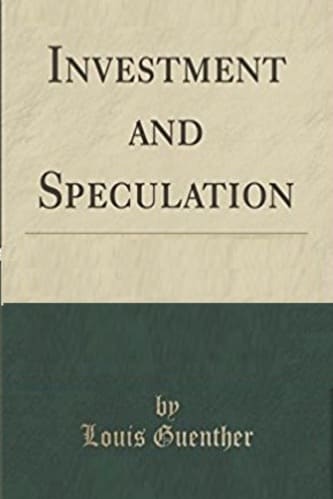101 Things Everyone Should Know About Economics: From Securities and Derivatives to Interest Rates and Hedge Funds, the Basics of Economics and What They Mean for You
$10.48
| Author(s) | |
|---|---|
| Format |
|
| Pages |
174 |
| Published Date |
2014 |
An essential guide, 101 Things Everyone Should Know about Economics, 2nd Edition helps you fully understand today’s economy and shows you how to secure your financial future even as the market changes. From the collapse of housing prices to the thousand-point drops in the stock market, the past has been full of economic crises. These changes not only affect the overall market—they can also drastically influence your personal finances and day-to-day life. In this easy-to-understand guide, Peter Sander explains how the financial system works, as well as the most important concepts, terms, and programs in economics.
Author’s Note:
Whether it’s a book or a business presentation, I believe any complex topic can be broken down into between three and seven important pieces. That principle applies to this edition, as well as the first. The first chapter acts a refresher to common economic terms and then the remaining seven discuss the 101 economic concepts. I describe the concept, fast facts, what you should know, and why you should care about it. Common sense, start to finish. Beyond the first chapter, here is how the book is laid out:
- Chapter 2: Economy and Economic Cycles. A look at the economy as a whole as well as its current condition. This chapter offers a little bit of history, with special focus on the ups and downs, the booms and busts, why they happen, and how they affect you.
- Chapter 3: Money, Prices, and Interest Rates. What money is, what it does, and what happens to it, including inflation, deflation, and stagflation, and the cost of money—interest rates and the dynamics around them.
- Chapter 4: Banks and Central Banking. Once we understand money, it’s time to learn about banks—the different kinds of banks and how the banking system works, with special emphasis on the Federal Reserve and its relationship to the banks and the economy at large.
- Chapter 5: Government and Government Programs. With the basic system outlined, who are the big government players in the economy, and what do they do?What are the most important laws and policies, why are they there, and how do they affect us?
- Chapter 6: Economic Schools and Tools. From government and government policy, we take another step toward the “big picture.” What are the major schools of thought for managing or guiding the economy? How do they work? How do they explain what has happened, what should happen, or what’s going to happen with our economy?
- Chapter 7: Finance and Financial Markets. The first six chapters covered the
“macro” world. But what about all those things that happened on Wall Street that got us into trouble? Yes, there are hundreds of books about the stock market and Wall Street. But do they explain how Wall Street concepts connect to the larger economy? Do they explain “collateralized debt obligations” in plain English? And what you need to know about the financial markets and “retail” financial people like broker-dealers and financial advisers? And what about all those terms you see daily about real estate? Is a stock market short sale the same as a real estate short sale? This chapter explains the most important financial markets and instruments of today. - Chapter 8: Trade and International Economics. What is globalization, and how will it affect you? What makes the dollar gain against the euro, or vice versa? And what about those trade deficits? How does (and should) foreign trade work in a
“new” economy? And how will that affect your job, the cost of living, and your life?
In the nineteenth century, the historian Thomas Carlyle was the first to refer to economics as “the dismal science.” (To be fair, Carlyle wasn’t exactly a bundle of laughs himself.) Since then, economics has labored under the burden of descriptions like
“boring,” “complicated,” and “dry.” It doesn’t have to be that way, and I hope this book will convince you otherwise. Economics is about the most basic human activities: what we produce, how we produce it, and how we consume it. It’s concerned, in other words, with human behavior—in fact, in recent years the field of behavioral economics has risen to prominence because of best-selling books like Freakonomics, The Black Swan, and Predictably Irrational. In this book, we’re interested in what different economic terms and concepts mean, and how they affect us. So, to rather freely adapt a phrase made popular in the movies: read on and prosper.
Contents:
- The Basics
- Economy and Economic Cycles
- Money, Prices, and Interest Rates
- Banks and Central Banking
- Government and Government Programs
- Economic Schools and Tools
- Finance and Financial Markets
- Trade and International Economics
101 Things Everyone Should Know About Economics: From Securities and Derivatives to Interest Rates and Hedge Funds, the Basics of Economics and What They Mean for You By Peter Sander pdf
5 reviews for 101 Things Everyone Should Know About Economics: From Securities and Derivatives to Interest Rates and Hedge Funds, the Basics of Economics and What They Mean for You
Clear filtersOnly logged in customers who have purchased this product may leave a review.










Sawyer Harvey (verified owner) –
Interesting and Knowledgeable book on Economics. Few concepts/throries mentioned are taught in high school and college and few are in use daily. The book teaches a very good view on the Fundamentals of Economics. Must read for people having less grip on economics or for people who wants to have a better grip on the economics.
Judson Escobar (verified owner) –
Ordered this book a couple of weeks ago. This is a good book if you basically don’t know what the Federal Reserve is or if you draw a blank when someone says consumer price index. Otherwise, if you really want to understand what the relationship is between interest rates and bonds or why stocks go up or down depending on extrinsic factors such as interest rates or bonds, this is not the book to buy.
Nicole Roy (verified owner) –
satistified. Good Book.
Marcelo Felix (verified owner) –
Very simple and clear, perfect for someone that wants to learn the basics of economy
Erin Jordan (verified owner) –
Must read!